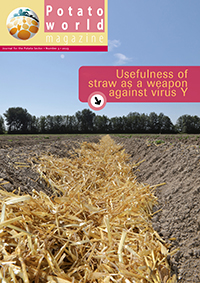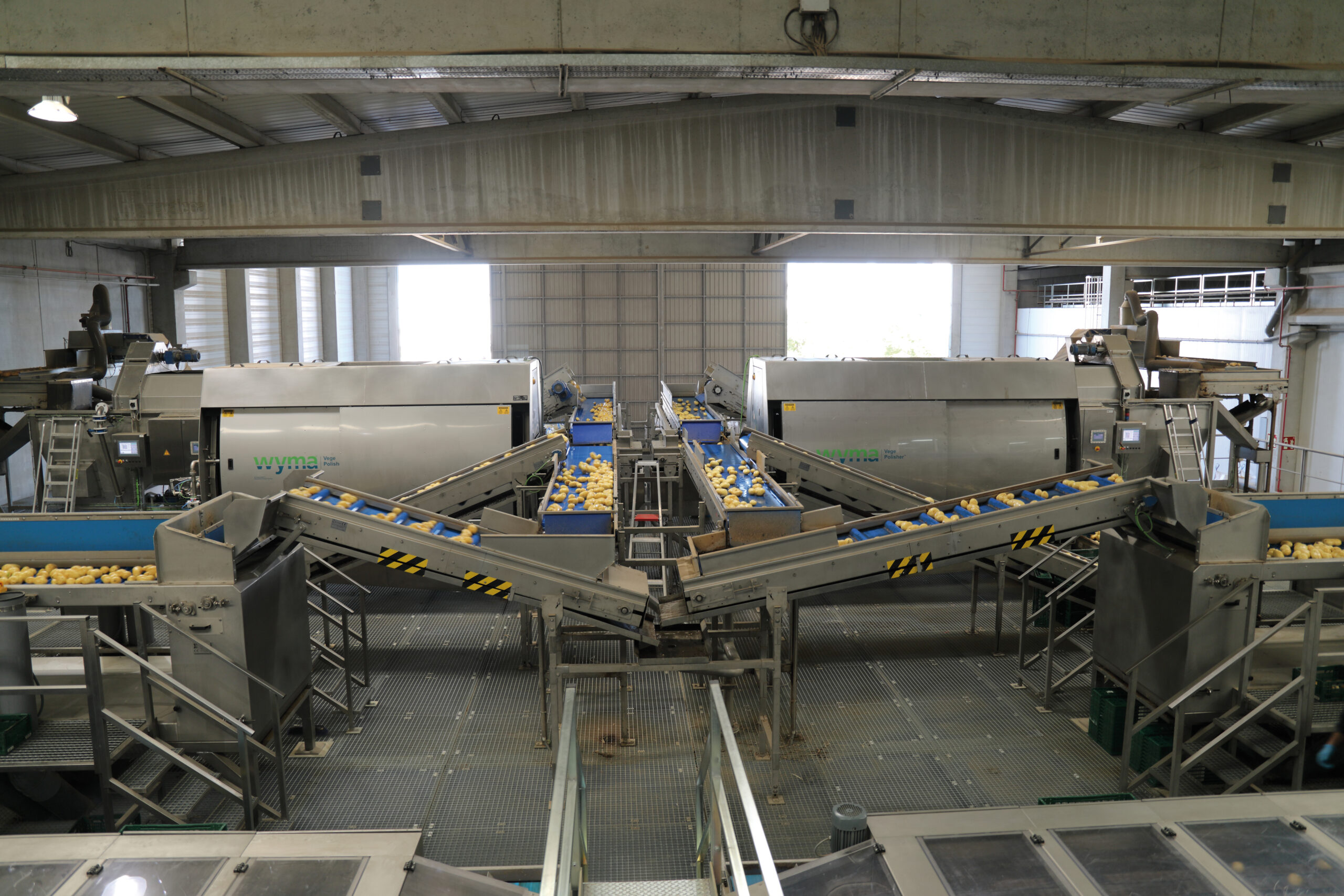Already a subscriber? Activate your premium account

Potatoworld Magazine

The Spanish coastal town of Valencia is home to the potato-packaging company Aquilar Patatas. This more than 50-year-old family business, where Vincente Aquilar is in charge and son Robert focuses on the future, is responding to the growing demand for washed table potatoes from the Spanish supermarkets. ‘Whereas 20 years ago only 20 percent of our table potatoes were washed, it has now increased to 90 percent’, says the company’s commercial director Francisco Gascó.
This is a premium item, available to subscribers only.
Already a subscriber? Log in now or activate your account here
Not a subscriber?
Easily order a subscription.
Events
©2015 - 2024 Potatoworld | Webdesign and realisation COMMPRO